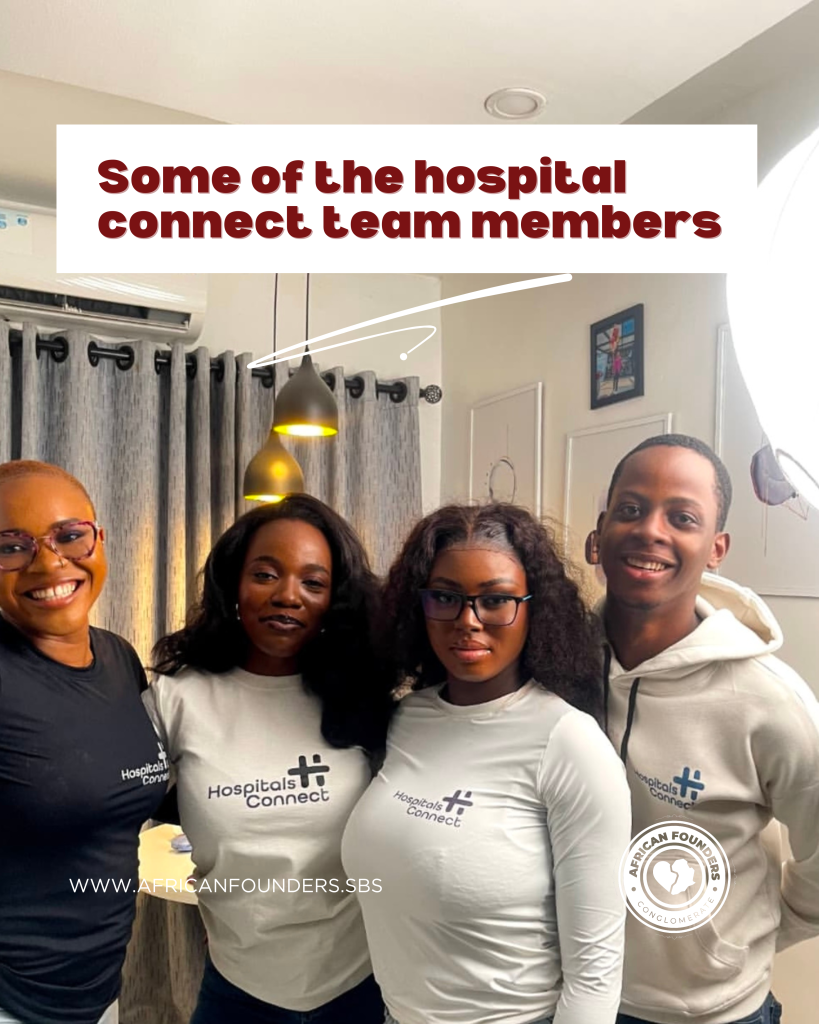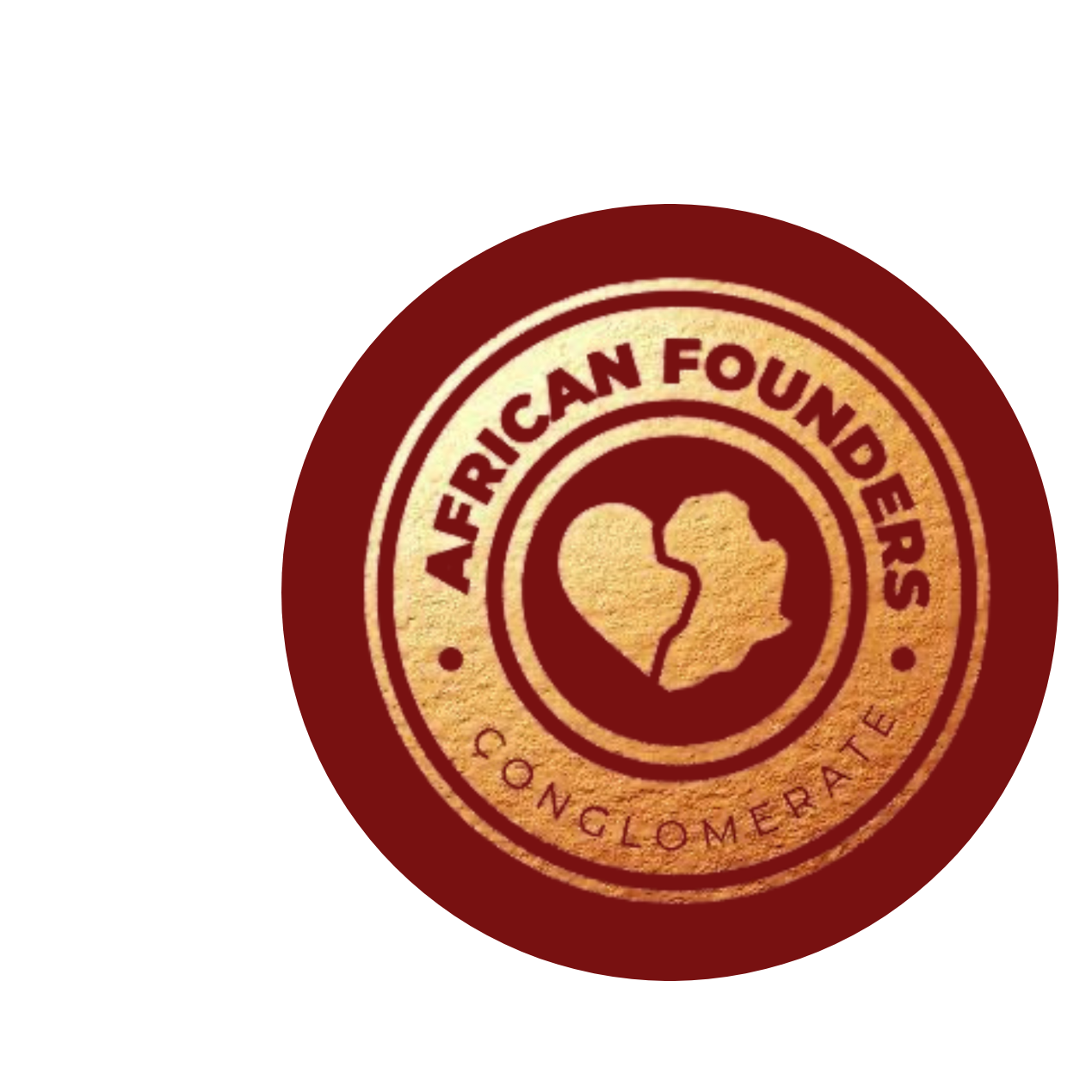
Racheal, a trailblazing healthcare entrepreneur, shares her inspiring journey of transitioning from public administration to healthcare. As the founder and CEO of Hospitals Connect Limited, she has been instrumental in bridging the gaps in Nigeria’s healthcare system. With her extensive experience in healthcare management and project development, Racheal discusses the evolution of healthcare accessibility, the impact of technology, and her vision for the future. In this exclusive interview, Racheal opens up about her personal experiences, lessons learned, and valuable insights, offering a unique perspective on the complexities and opportunities within Nigeria’s healthcare landscape.
AFC: What sparked your interest in healthcare while studying public administration? How did your transition from one field to the other unfold?
Racheal: My journey into healthcare was quite unexpected. After earning my degree in public administration, I spent some time reflecting on my passions and strengths. Public administration, while versatile, didn’t point me toward a specific career path. During this period of self-discovery, I had a personal health scare while traveling to my NYSC camp in Yola. It was my first real encounter with the healthcare system’s challenges and complexities. The experience left a deep impression on me, and after recovering, I felt compelled to explore the field further. That encounter was the catalyst for my transition into healthcare.
AFC: Hospitals Connect Limited is a fascinating initiative. Can you share the story behind its inception and how it came to life?
Racheal: Hospitals Connect Limited is deeply personal to me—an extension of my vision for improving healthcare accessibility. My journey began with roles as Business Development Manager at Vedic Lifecare Hospital and Business Head at Amethyst Hospital. Later, I launched my own medical ambulance company and consulted for various organizations. Over five years, I realized that the healthcare industry operates in cycles. I saw a pressing need to connect all stakeholders—hospitals, providers, patients, and partners—to create a more seamless ecosystem.
Establishing Hospitals Connect was no small feat. It involved navigating the complexities of the healthcare industry, building relationships, and crafting solutions that addressed real gaps. Despite the challenges, my passion for improving healthcare access kept me motivated. Today, Hospitals Connect stands as a platform fostering collaboration and accessibility in the sector.

AFC: As the founder and CEO, what has been one of the most significant challenges you’ve faced in the healthcare sector, and how did you overcome it?
Racheal: One of the biggest challenges has been shifting societal attitudes toward health. Many people still view healthcare as a reactive measure—only addressing issues when they arise rather than prioritizing proactive care. Changing this mindset has been tough, but integrating wellness activities into Hospitals Connect has helped. Through education and consistent engagement, we encourage people to make health a natural and ongoing priority, fostering a culture of preventive care.
AFC: How do you think the healthcare landscape has evolved in recent years regarding accessibility to services for patients?
Racheal: The COVID-19 pandemic was a game changer for the healthcare industry. It accelerated the adoption of technology and made virtual care a reality. Today, patients can consult with doctors from anywhere in the world through telemedicine, breaking down geographical barriers. This shift has made healthcare more accessible and inclusive, which was less feasible just a few years ago.
AFC: You led the international patient care unit at Vedic Lifecare. What insights did you gain from working with patients from diverse backgrounds?
Racheal: A key insight was that, regardless of background, everyone values health above all else. Illness brings out universal emotions—fear, regret, hope—and a desire for solutions. However, I observed that international patients often act swiftly once they identify a health issue, and they don’t hesitate to seek second opinions. This proactive approach reinforced the importance of empowering patients with knowledge and access to comprehensive care options.
AFC: With the rapid convergence of healthcare and technology, how do you envision technology enhancing access to healthcare services in the future?
Racheal: I believe the future is already here. Technology will continue to transform healthcare through innovations like telemedicine, AI-powered diagnostics, and wearable devices. These tools will bridge gaps in underserved areas, offering faster, more personalized care. The possibilities are immense, and we’re only scratching the surface.
AFC: What qualities do you think are essential for leaders in high-pressure healthcare environments?
Racheal: Patience, compassion, and wisdom are vital. Patience allows leaders to adapt when things don’t go as planned, while compassion keeps us connected to the core purpose of healthcare: preserving lives. Wisdom helps in making timely decisions, identifying the right partnerships, and navigating challenges with clarity.
AFC: Given your expertise in project management, can you share an example of innovative problem-solving in healthcare?
Racheal: One standout project was the development of a provider listing and directory feature for Hospitals Connect. The goal was to simplify the process of finding healthcare providers in a fragmented market. We created a user-friendly directory that allows patients to search by location, specialization, and services, complete with reviews and ratings. This solution improved access to care while boosting visibility for providers.
AFC: If you could implement one change in the healthcare system today, what would it be and why?
Racheal: I would focus on reducing self-diagnosis and self-medication. These practices pose serious risks and often delay professional intervention. By increasing education and tightening regulations, we can encourage people to seek proper medical guidance, leading to better health outcomes for everyone.
AFC: Finally, what advice would you offer to aspiring healthcare entrepreneurs?
Racheal: Start by addressing real problems. Ensure your solution meets a genuine need rather than creating something that’s simply novel. Understand your target audience and their readiness to adopt your innovation. Patience and resilience are key success in healthcare requires a long-term commitment to your vision.

Leave a Reply